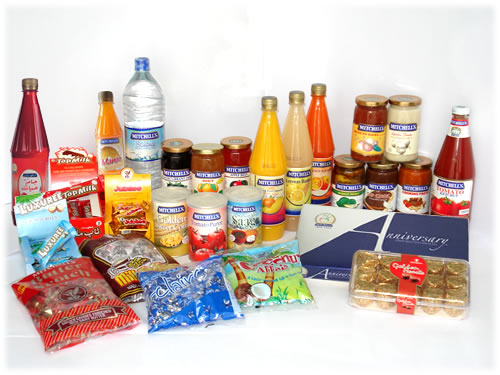On 11th of November, Mitchell’s Fruits Farms Limited announced a board meeting which would consider special business to be resolved and decided upon by the board of directors. There were already rumors that the company was looking to sell itself to an interested buyer. The meeting took place the next day and on the 13th it was announced that two of its major shareholders are considering a strategic review of their investment.
Collectively, Syeda Miamanat Mohsin and Syeda Matanat Ghaffar currently hold 40.63% of the issued share capital and are looking at options in regards to their investment in the company. One of the options in consideration is a complete sale or divestment of the investment. In order to accommodate the shareholders, the company has set up a data room in order to facilitate the shareholders.
To some extent, the rumors seem to be holding true. The reason the rumors were floated were not out of conjecture either. Mitchell’s had been placed up for sale in 2019 as well, however, the sale could not go through as the terms being offered were not favorable to the management.
Earlier, a bid was made by Bioexyte (Private) Limited and Waves Singer Pakistan Limited who made an attempt to acquire more than 30% of the voting shares as separate acquirers. By early 2020, only Bioexyte Foods (Private) Limited was left as the interested party and the company informed the exchange that they considered Bioexyte to be the preferable bidder for them. The negotiations were still ongoing and the deal and its terms would be announced once they were finalized. By July 2020, the negotiations were terminated after favorable terms could not be sought. After the deal could not go through, the company decided to take control over its own fate and appointed Najam Sethi as the chairman of the board. The purpose of this was to turn the company around and make it profitable again. The content in this publication is expensive to produce. But unlike other journalistic outfits, business publications have to cover the very organizations that directly give them advertisements. Hence, this large source of revenue, which is the lifeblood of other media houses, is severely compromised on account of Profit’s no-compromise policy when it comes to our reporting. No wonder, Profit has lost multiple ad deals, worth tens of millions of rupees, due to stories that held big businesses to account. Hence, for our work to continue unfettered, it must be supported by discerning readers who know the value of quality business journalism, not just for the economy but for the society as a whole.To read the full article, subscribe and support independent business journalism in Pakistan









